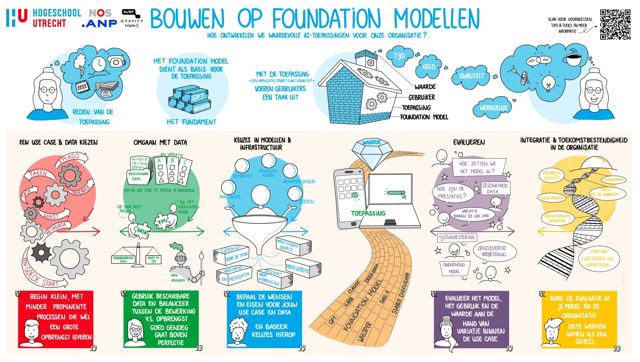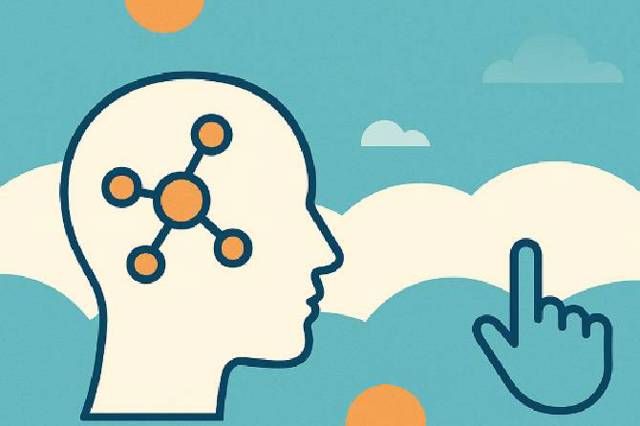< Back to news 


9 February 2024
AI Technology Revolutionizes Antidepressant Treatment
Research led by Amsterdam UMC and Radboudumc has unveiled a groundbreaking advancement in the treatment of major depression disorder. Utilizing artificial intelligence (AI), researchers have developed a method to predict the effectiveness of antidepressants within just one week, significantly shortening the traditional six to eight-week waiting period.
Published in the esteemed American Journal of Psychiatry, the study marks a pivotal moment in mental health care. Professor Liesbeth Reneman, a leading figure in neuroradiology at Amsterdam UMC, emphasizes the significance of this breakthrough: "This is transformative for patients, offering a swift insight into the efficacy of antidepressants, which typically remains uncertain for weeks."
The research team focused their analysis on sertraline, the most commonly prescribed antidepressant in the United States. By examining MRI scans and clinical data from 229 patients, they developed an AI algorithm that accurately predicted treatment outcomes. Remarkably, the algorithm identified that sertraline was effective for only one-third of patients, allowing psychiatrists to tailor treatment plans accordingly and minimize unnecessary prescriptions.
Dr. Eric Ruhé, a psychiatrist at Radboudumc, elaborates on the algorithm's predictive power: "Our findings highlight the significance of brain activity patterns, particularly in the anterior cingulate cortex, in determining treatment response. This enables clinicians to swiftly identify suitable candidates for sertraline therapy."
Looking ahead, this pioneering method holds promise for personalized antidepressant treatment, potentially alleviating the prolonged trial-and-error process endured by patients. With further refinement, the algorithm could revolutionize depression management, offering a more efficient and effective approach to care.
As depression continues to pose a significant societal challenge, with one in three patients experiencing persistent symptoms despite multiple treatment attempts, the need for expedited and precise treatment strategies has never been more urgent. With ongoing research efforts to enhance the algorithm's predictive capabilities, the future of depression treatment looks increasingly promising. Stay tuned for updates as we navigate towards a brighter future in mental health care.
Read it here.
This article has been published on the website of Amsterdam UMC.
Vergelijkbaar >
Similar news items

May 29
Building responsibly on foundation models: practical guide by Utrecht University of Applied Sciences and RAAIT
Researchers from RAAIT have published a practical guide for organisations aiming to develop AI applications using foundation models. The guide supports responsible decision-making.
read more >

May 29
SER: Put people first in the implementation of AI at work
In a new advisory report, the Dutch Social and Economic Council (SER) calls for a people-centred approach to AI in the workplace, warning of risks to jobs and social cohesion.
read more >

May 27
🌞 Open Space: AI meets Science Communication – will you take the stage?
Are you working on AI with impact? Wondering how to talk about it with the world? Join us on Thursday 4 July for an open space afternoon on AI & Science Communication, co-organized by Amsterdam AI and NEWS (the Dutch national centre for science & society).
read more >